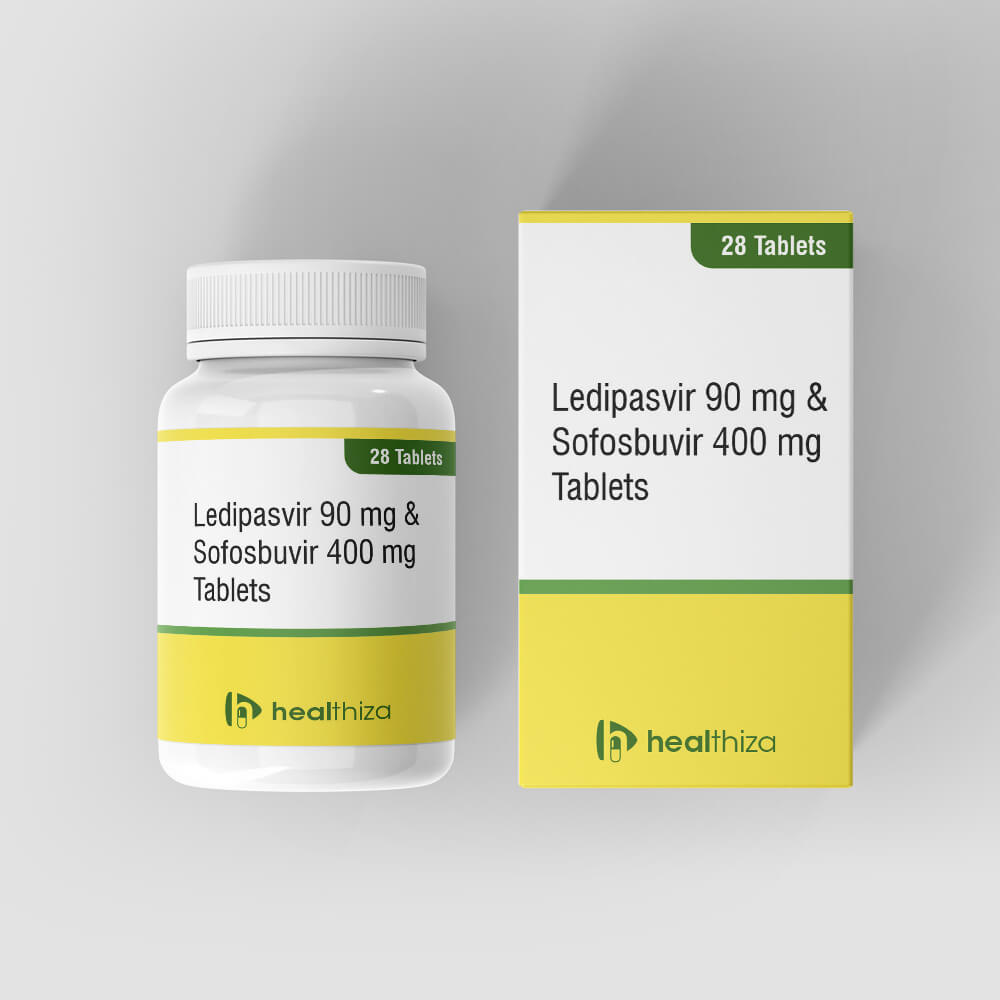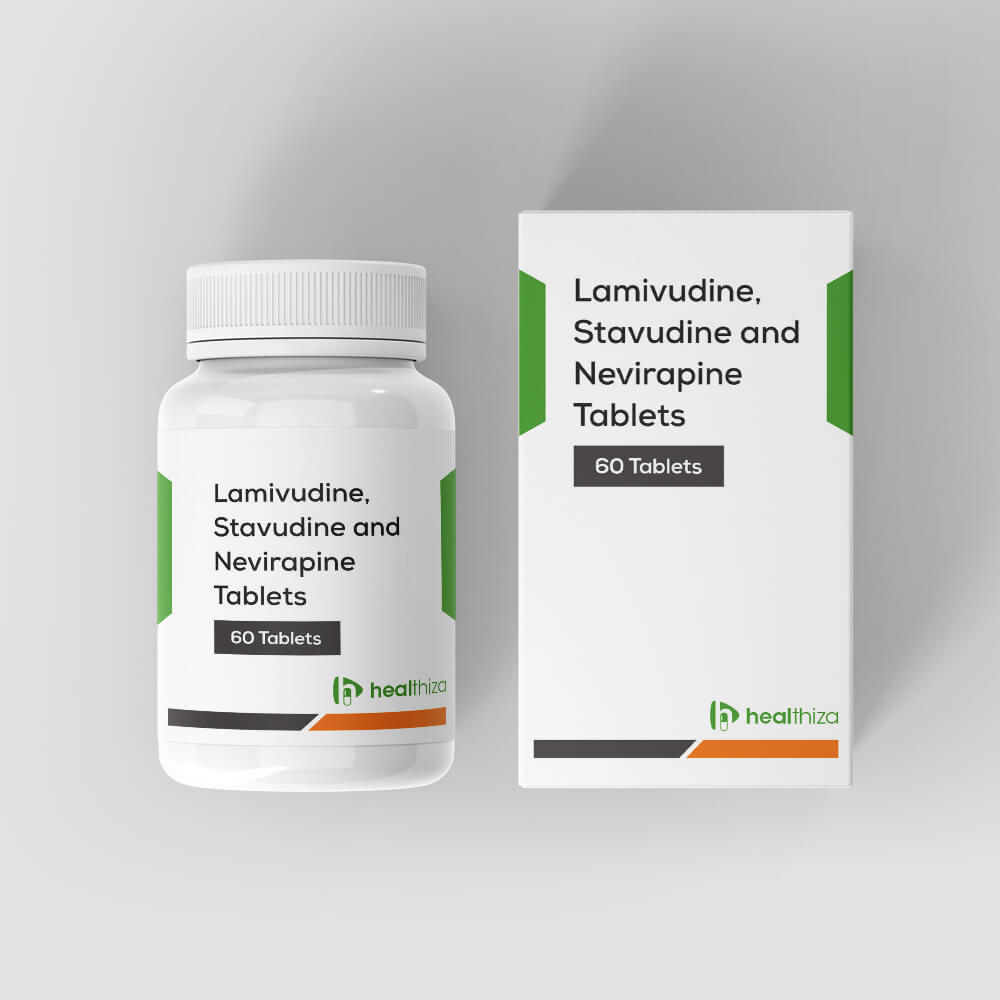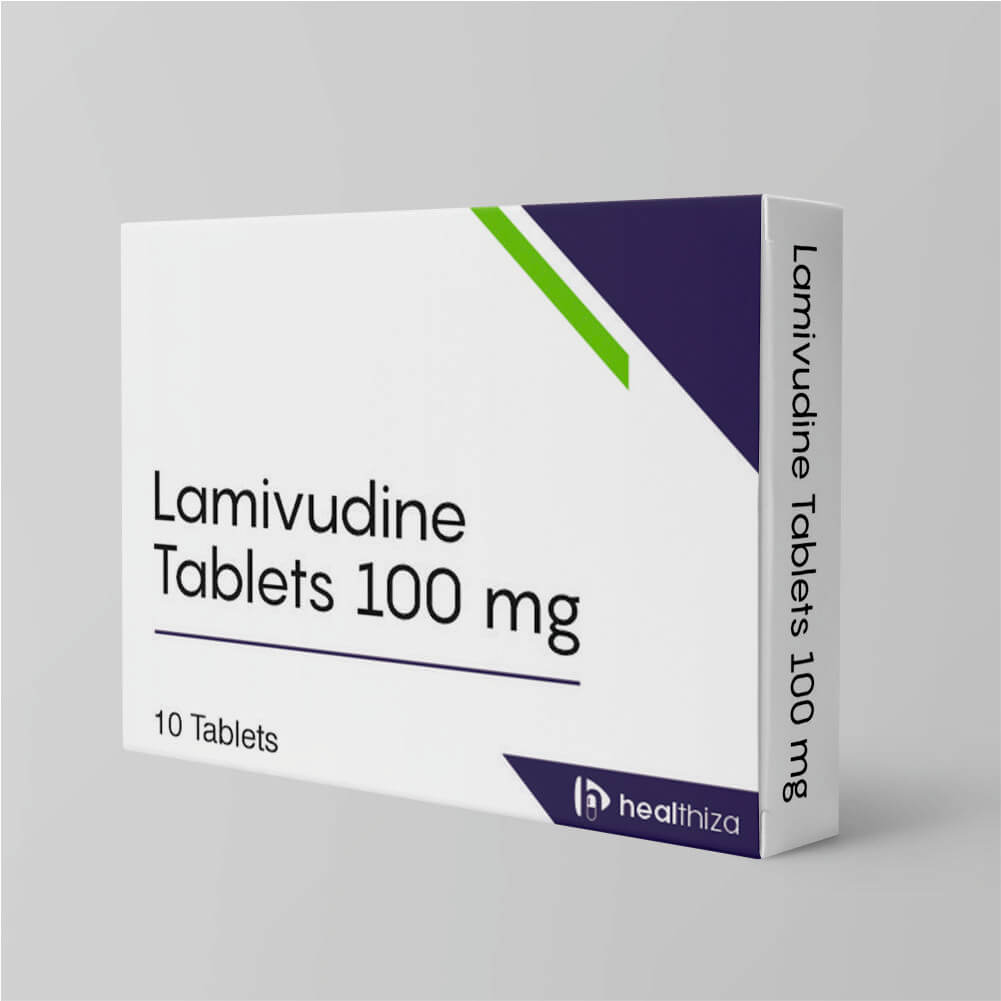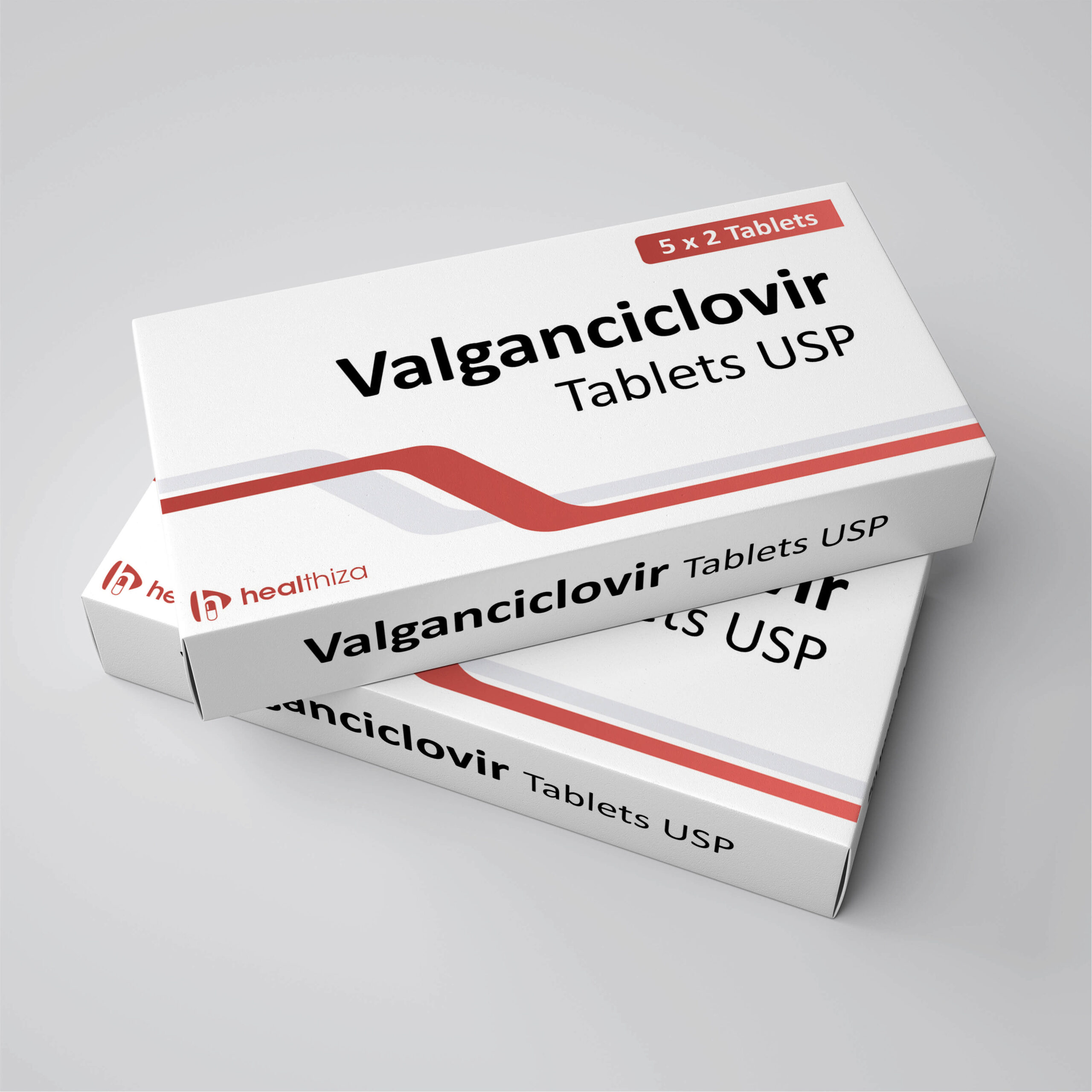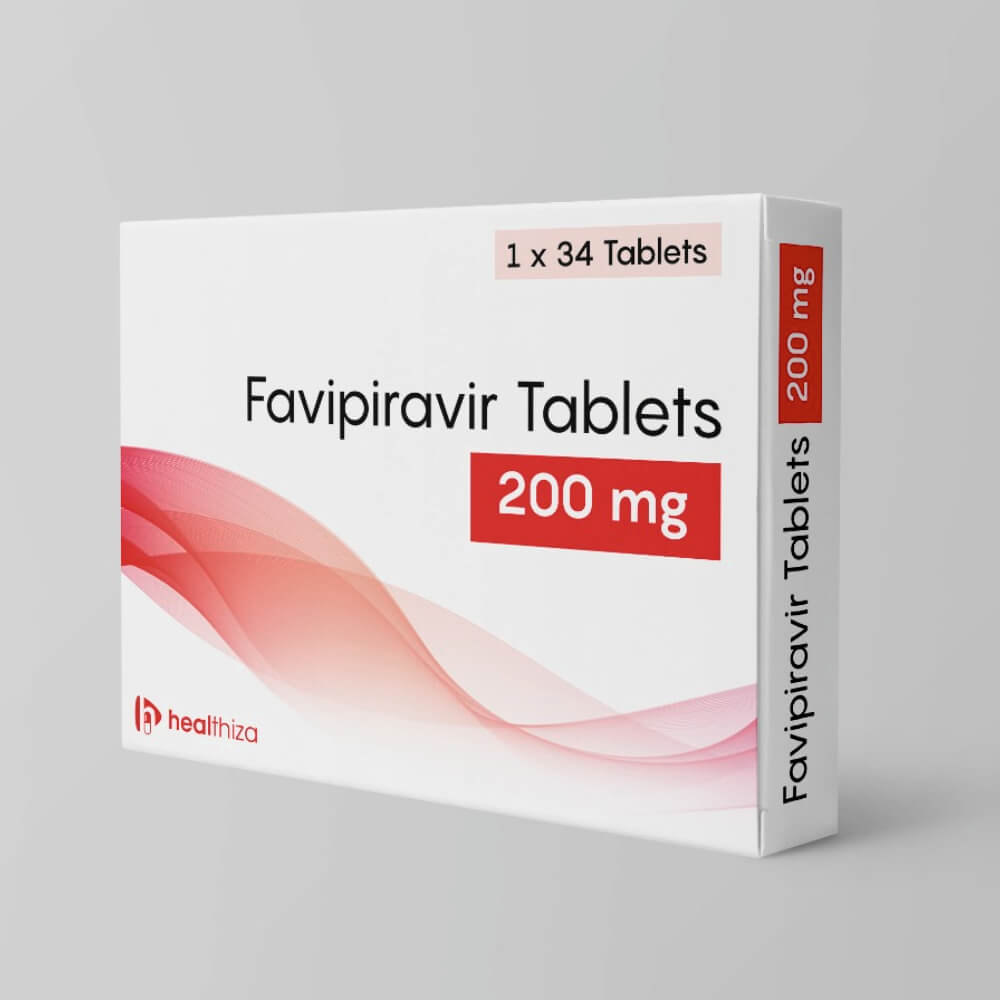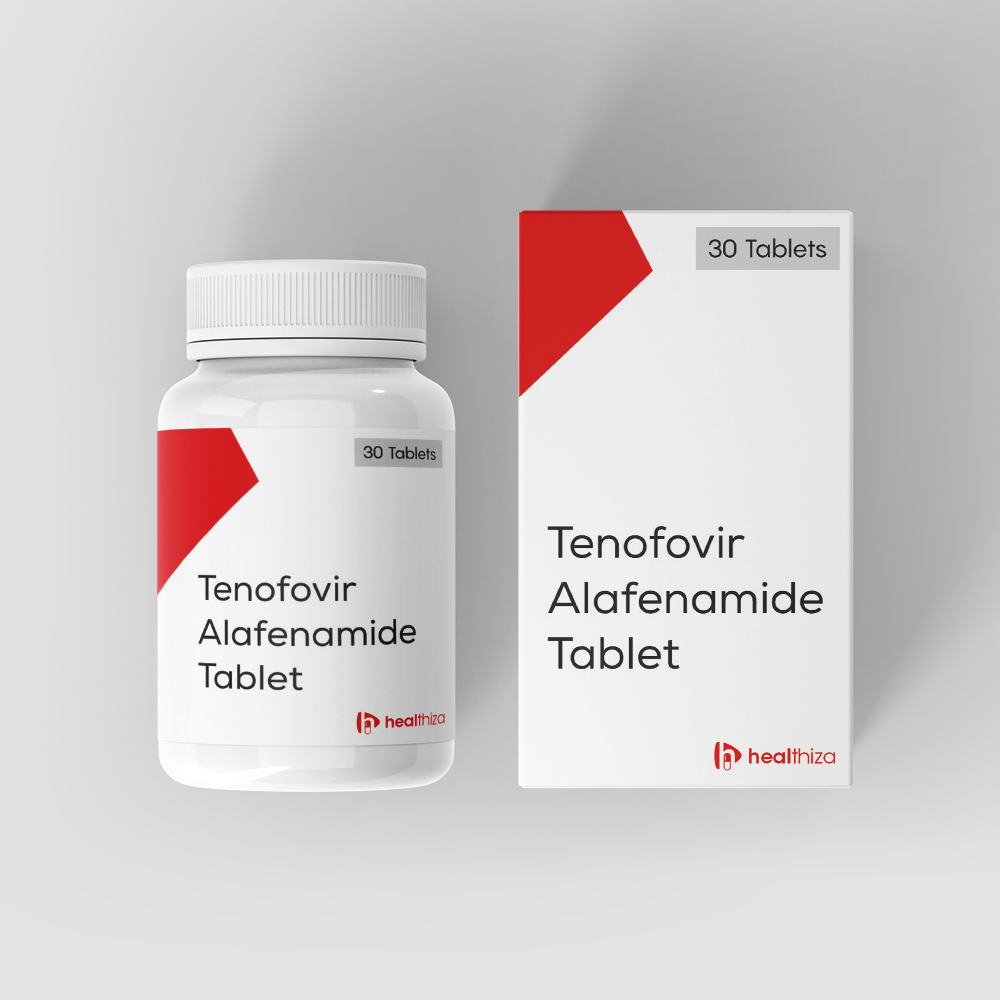Antiviral Drugs
Antiviral Drugs Supplier
Offering the best quality Antiviral drugs medicine, We are the leading supplier, manufacturer, and exporter of Antiviral drugs in India. Antiviral drugs boost your body’s ability to fight against specific viruses that can spread sickness. The medications can lessen viral infection symptoms and minimize their duration. Drugs that fight different viruses are also preventative. Antiviral medicine also reduces the likelihood of contracting or spreading herpes and HIV viruses. Using these medications to treat COVID-19 is also advantageous.
Requirement of Antiviral Drugs
We offer antiviral medicine that is used to effectively treat a variety of viral diseases. These medications boost immune function and generate their own strong antibodies to resist disease. They can safeguard you against flu viruses. Our antiviral medications are quite powerful and assure that the infection will be cured as well as its frequency be decreased in the future.
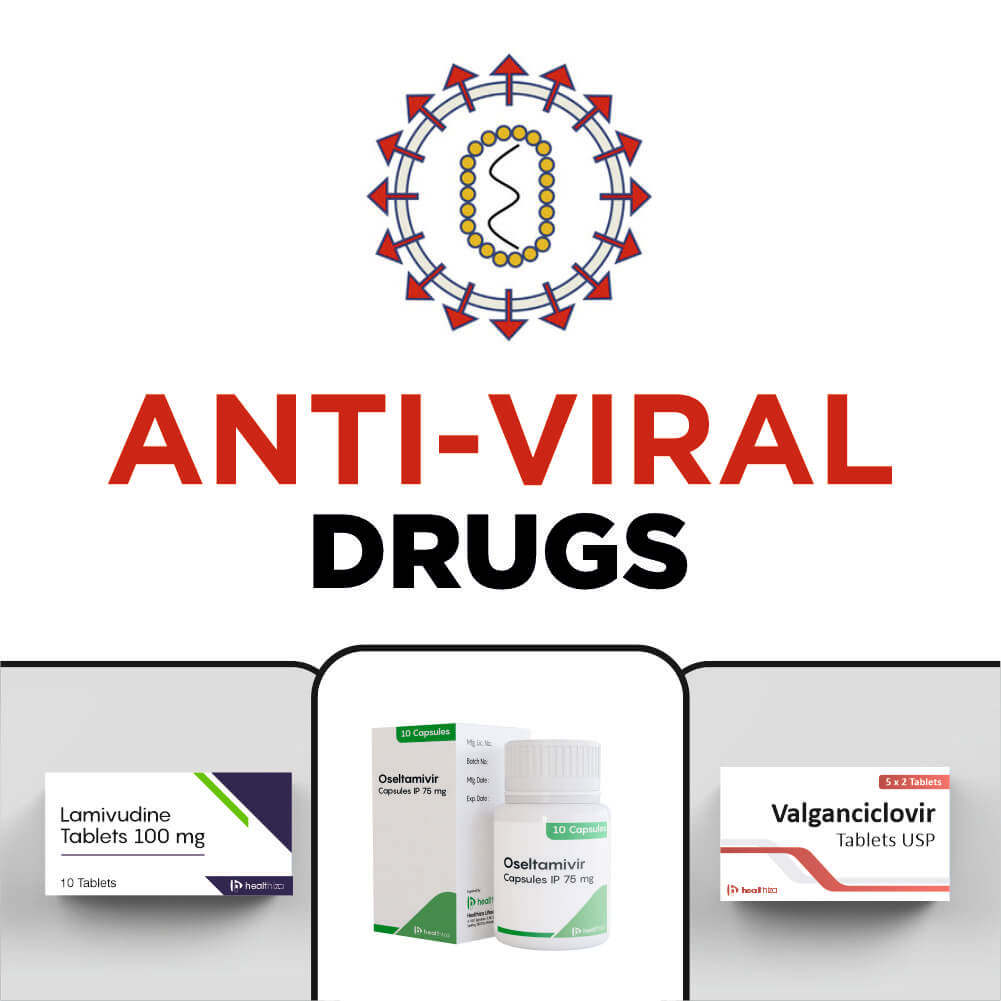
FAQs
About Antiviral Drugs
Antiviral medicine is used to treat an infectious disease caused by a virus. HIV/AIDS, influenza, encephalitis, herpes simplex type I (cold sores of the mouth) and type II (genital herpes), herpes zoster (shingles), hepatitis, infectious mononucleosis, and the common cold are all caused by viruses.
Antiviral Drugs Anti-herpesvirus
Herpesvirus is a DNA-based virus that causes genital herpes, chickenpox, retinitis, and infectious mononucleosis, among other disorders. Herpes virus-fighting drugs work by interfering with DNA replication. The nucleoside analogues (acyclovir and ganciclovir) are nucleoside analogues that imitate normal nucleosides. And prevent the viral DNA polymerase enzyme, which is critical for DNA production. Before they can have antiviral activity, all nucleoside analogues must be activated by adding a phosphate group. Because some of the medicines are triggered by a viral enzyme, they are only effective against cells that contain viral proteins. Foscarnet, a non-nucleoside inhibitor of herpesvirus replication, works by directly inhibiting the viral DNA polymerase and thereby preventing the synthesis of new viral DNA.
Antiviral Drugs Anti-Influenza
Influenza A and influenza B are two types of RNA-containing viruses that cause influenza. When RNA is released into a cell, it is promptly reproduced and utilised to make protein, which is then used to form more viral particles. Antiviral medications can be used to prevent and treat influenza A, but they have no effect on influenza B viruses. They work by preventing viral RNA from being released into the host by preventing the virus from uncoating within the cell. The inhibition of neuraminidase activity reduces virus release from infected cells, increases viral aggregate formation, and slows virus transmission throughout the body. Drugs can lessen the length of influenza if administered within 30 hours of the commencement of the illness.
Anti-HIV Drugs
The retrovirus that causes AIDS, the human immunodeficiency virus (HIV), is a retrovirus. HIV contains reverse transcriptase, an enzyme that turns viral RNA into DNA, just like other retroviruses. This DNA is incorporated into the host cell’s DNA and replicates there. Reverse transcriptase (RT) inhibitors function by preventing reverse transcriptase from doing its job. RT inhibitors are divided into two categories. To become active, nucleoside RT inhibitors must be phosphorylated. These medications impede reverse transcriptase by imitating natural nucleosides. Because the various nucleoside RT inhibitors mimic differing purines and pyrimidines, combining two medicines is more effective than using one alone. Non-nucleoside inhibitors are the second type of RT inhibitor. When used in combination with nucleoside RT inhibitors, which do not need activation and act through a separate mechanism, show a synergistic reduction of HIV replication.
Protease inhibitors
These medications ( ritonavir, and indinavir) prevent HIV from spreading to uninfected cells by blocking viral enzymes involved in viral particle production. The combination of a protease inhibitor and an RT inhibitor reduces HIV replication more than either treatment alone because they act at separate points in the HIV life cycle. Protease inhibitors also reduce the spread of viral resistance. Fusion inhibitors are another type of HIV medication (e.g., enfuvirtide). Fusion inhibitors operate by preventing HIV from infiltrating human cells.
Anti-RSV Drugs
The Respiratory Syncytial Virus (RSV) produces a potentially fatal lower respiratory illness in children. The nucleoside analogue ribavirin, which can be given orally, parenterally, or inhaled, is the only pharmacological treatment available for the infection. Ribavirin must be activated by phosphorylation for the effectiveness. The injectable humanized monoclonal antibody is available for the prevention of RSV infection in newborns and children. It promotes passive immunity and must be given once a month during RSV season by intramuscular injection.
Interferons
They are a family of nonspecific antiviral proteins made by host cells in response to viral infections, as well as the injection of double-stranded RNA, protozoal and bacterial components, and other chemicals. Interferon causes the development of a protein that blocks the viral nucleic acid template from being used to make viral components. Interferons are interesting because they have wide antiviral activity and hinder cancer tissue development. Interferon’s use is limited, however, due to side effects, a lack of efficacy, and the need for local or intravenous injection.
Healthiza is one of the leading Antiviral Drugs supplier and manufacturer, offering the best quality medicine globally through a validated cold chain secure shipment process. We use this process to manufacture, store and deliver medicines at a very specific temperature. Customers can avail of this premium quality pharma product at an affordable price from us.






